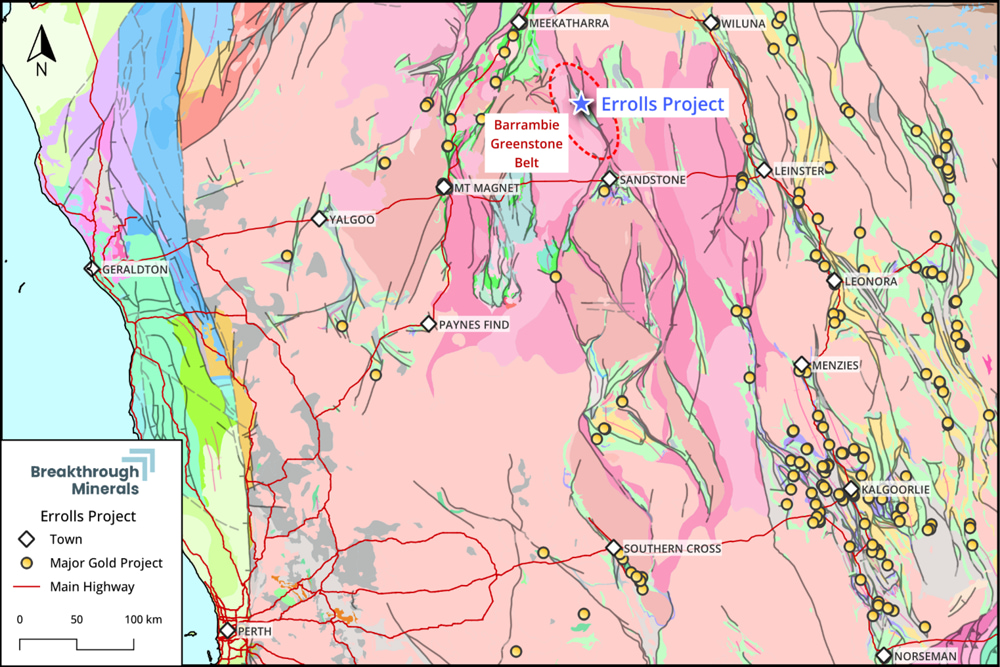
The 2025 Federal Budget, unveiled on March 25, has drawn sharp criticism from industry groups for its perceived lack of support for Australia’s mining sector, particularly junior exploration companies.
While the government emphasised its commitment to critical minerals and clean energy initiatives, the decision to quietly discontinue the Junior Minerals Exploration Incentive (JMEI) has raised concerns about the long-term sustainability of Australia’s resource pipeline.
The JMEI, which provided tax credits to junior exploration companies engaging in greenfield mineral exploration, has been widely regarded as a vital program for fostering early-stage exploration.
Since its inception in 2017, the initiative has contributed $769 million to Australia’s GDP and stimulated $404 million in exploration activity.
Industry leaders argue that the program’s termination undermines investor confidence and risks weakening Australia’s ability to discover new mineral deposits essential for future mining operations.
Critics of the Budget highlight that while measures such as the $2 billion Green Aluminium Production Credit and $1 billion Green Iron Investment Fund are steps forward for downstream processing, they fail to address the urgent need for exploration investment.
Without a robust pipeline of new projects, Australia’s ability to meet the growing global demand for critical minerals could be jeopardised.
Tania Constable, CEO of the Minerals Council of Australia (MCA), expressed disappointment over the government’s approach.
She highlighted that mining revenues have consistently bolstered Australia’s fiscal position but warned that ignoring early-stage exploration could compromise the nation’s resource future.
Constable also noted broader challenges facing the industry, including high energy costs, restrictive regulations, and uncompetitive industrial policies.
The Budget does include positive developments for critical minerals processing and infrastructure investment.
The continuation of production tax credits under the “Future Made in Australia” initiative aims to enhance competitiveness in green metals manufacturing.
Additionally, increased funding for infrastructure projects such as ports, rail, and water systems is expected to unlock mineral wealth across regions like north-west Queensland and Tasmania.
However, industry advocates stress that these measures alone are insufficient without a coordinated strategy to support exploration.
Warren Pearce, CEO of the Association of Mining and Exploration Companies (AMEC), called on both major political parties to prioritise exploration incentives ahead of the upcoming federal election.
Pearce argued that exploration is essential for securing Australia’s long-term resource future and maintaining its position in global markets.
As geopolitical uncertainties escalate and global trade pressures mount, stakeholders are urging decisive action to strengthen Australia’s industrial base and competitiveness.
While the Budget delivers targeted support for established sectors, critics contend that bold reforms are needed to address structural challenges and ensure sustainable growth across all facets of the mining industry.










